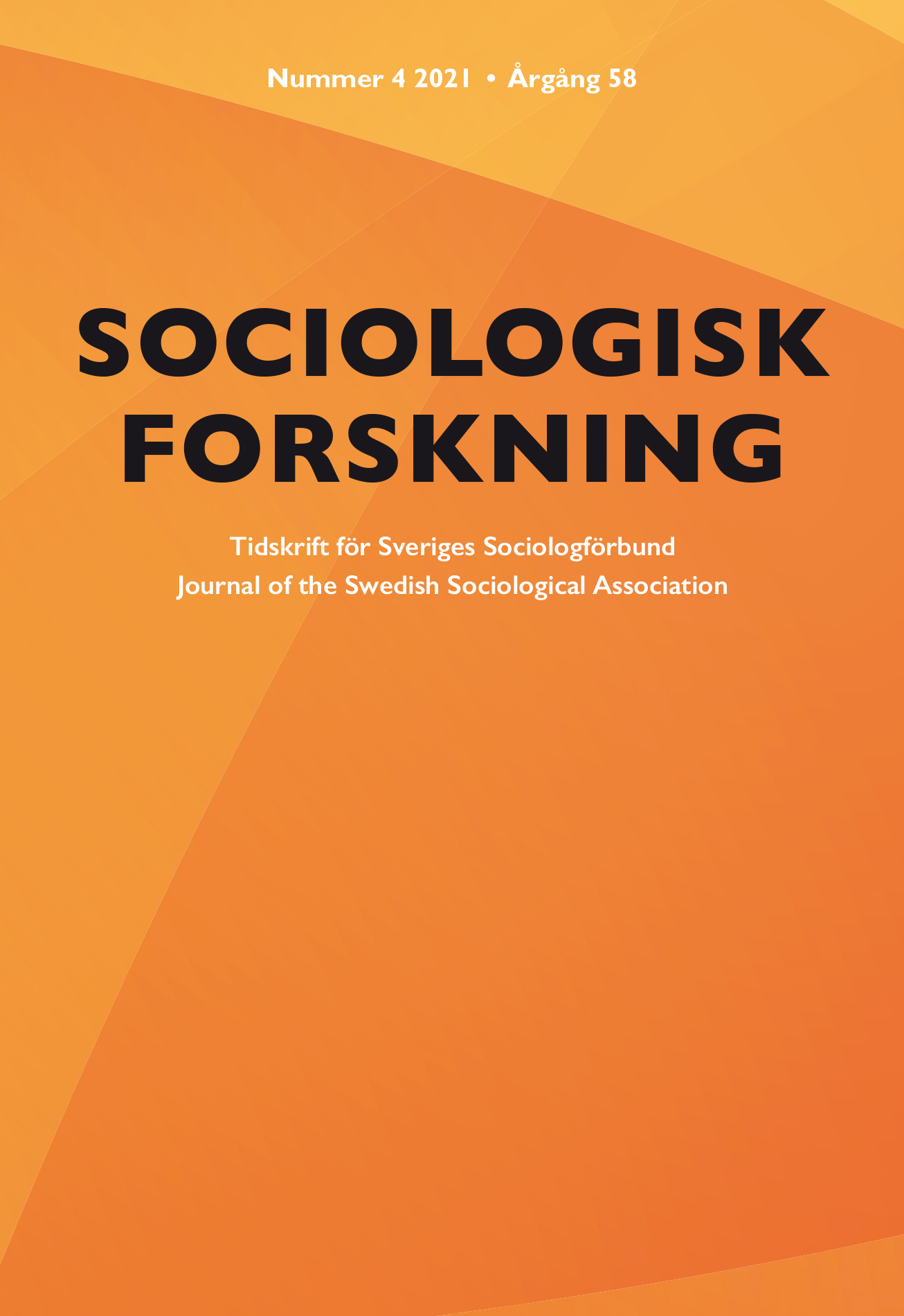Life politics and existential meaning in an alternative rural society
The example of Uddebo
DOI:
https://doi.org/10.37062/sf.58.23258Keywords:
life politics, alternative rural space, sustainability, existential meaning, Children of FreedomAbstract
This article explores the existential driving forces to develop an economically, socially, and ecologically sustainable alternative rural space, where circular economy, self-sufficiency and work-critical attitudes prevail. By focusing on 15 individual narratives, we analyze concrete practices and shared efforts as a road to an alternative local community and an existentially meaningful everyday life. The analysis is framed by an existential sociological perspective and by Beck’s idea of the Children of Freedom in second modernity. By developing a life-political approach where “less is more”, the interviewees both want to achieve a meaningful life in the present and build a sustainable society for future generations. The goal is for everyone to decide for themselves about their time use and finding collective solutions to individual problems, creating a space where existential meaning replaces the lived experience of meaninglessness in the consumer- and working society. However, the attempts to establish an alternative rural society also contain dilemmas and conflicts related to finding independent organizing and financing opportunities.
Downloads
Published
How to Cite
Issue
Section
License
Copyright (c) 2022 Author and journal

This work is licensed under a Creative Commons Attribution-NonCommercial-NoDerivatives 4.0 International License.
All content in Sociologisk Forskning is published with immediate open access, under the Creative Commons license CC BY-NC-ND 4.0.
All content may be read, downloaded, shared and printed for non-commercial purposes, free and without fees. Contents may not be altered. When content is reused, author, source and a link to the copyright licence must be provided. The author retains copyright to their content. No publication fees are charged.





